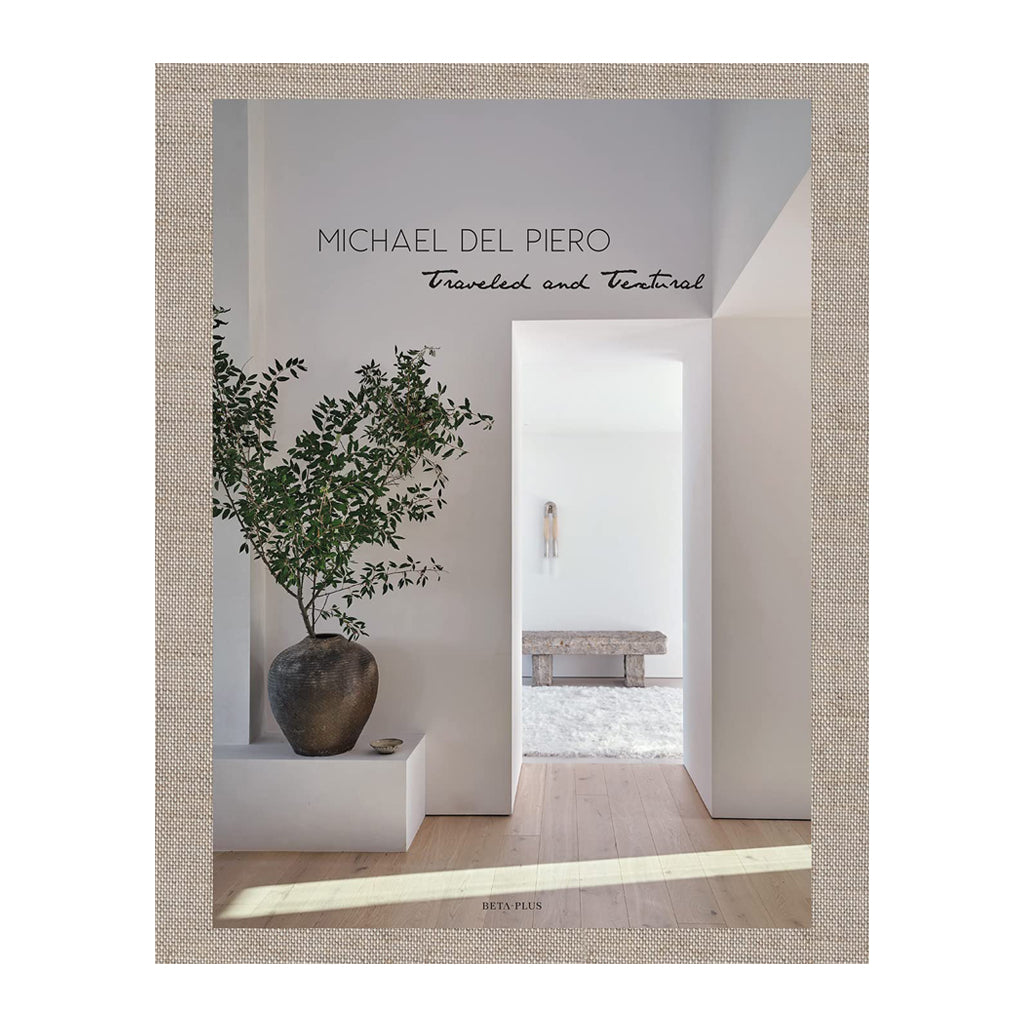Interiors designed by Michael Del Piero are full of delightful contradictions. She designs minimalist rooms rich with historical character, meticulously edited gallery-like spaces that still have the comforting warmth of home, and breezy abodes with crisp architectural details that feel tailored rather than severe. But the fact that her projects, sprinkled across the United States, come off as reassuringly familiar yet entirely fresh, as they blend elements of American and European style, is a direct result of her background.
The designer was born and raised in Chicago. She worked for decades as a business coach, advising executives at Fortune 500 companies on how to further their goals, inspire their people and energize their operations. At the same time, she dove head-first into design, almost without realizing it. Thrilled by the hunt for distinctive antiques, unusual objects and compelling art, she loved few things more than combing auction houses and flea markets for unexpected finds.
Enjoying herself too much to go back to corporate consulting, Del Piero took on the mantle of antiques dealer, and began making regular buying trips to Europe and hosting biannual sales, composing a different interior design scheme in a different house each time. Every sale was more successful than the last, but it didn’t take long for some of her customers to see the larger picture: the objects Del Piero brought back were beautiful, but it was the way she used them to create cohesive, compelling interiors that was the real attraction.
One of those customers eventually asked Del Piero to design her home. She spent the next year designing every aspect of the client’s Chicago house while learning how to manage a construction site. When it was finished, the home was published and widely lauded, and Del Piero’s interior design firm was off and running.
She formally established her studio in 2007. Since then, the designer’s work has been rooted in her early travels and experiences, and reflects her natural curiosity and embrace of decorative arts from different cultures and periods.
As her studio has grown, the scale of her projects has grown as well, creating more opportunities to expand her creative vision. Today, she embraces an increasingly holistic approach to design as her projects move beyond interior design to architecture. She is conceiving new-construction houses built from the ground up, including an oceanfront house in Florida and a multibuilding compound on the site of an old hunting lodge in Westchester, New York, as well as interiors for a sleek new modernist house in Amagansett, a stately Upper East Side apartment in Manhattan and the overhaul of a historic greystone on Chicago’s Gold Coast. Some projects appear more polished than others, but all feature overlapping elements that might seem incongruous in less skilled hands: refinement mixed with rusticity, artful composition without pretension and exacting details that nevertheless contribute to an inviting sense of calm.
This book loosely divides Del Piero’s projects into four sections: Relaxed, Refined, Rough and Restrained. But in the designer’s work, the lines between these themes are always fuzzy, and each and every home reflects all four elements to varying degrees. While undertaking the projects featured here, Del Piero swerved far away from the high-polish, attention-grabbing, maximalist mentality so often seen in shelter magazines and instead pursued her own ideas about what makes a rewarding home. The result is a collection of understated, soulful interiors rich in texture, culture and history that reflect a confident new voice in American design.

